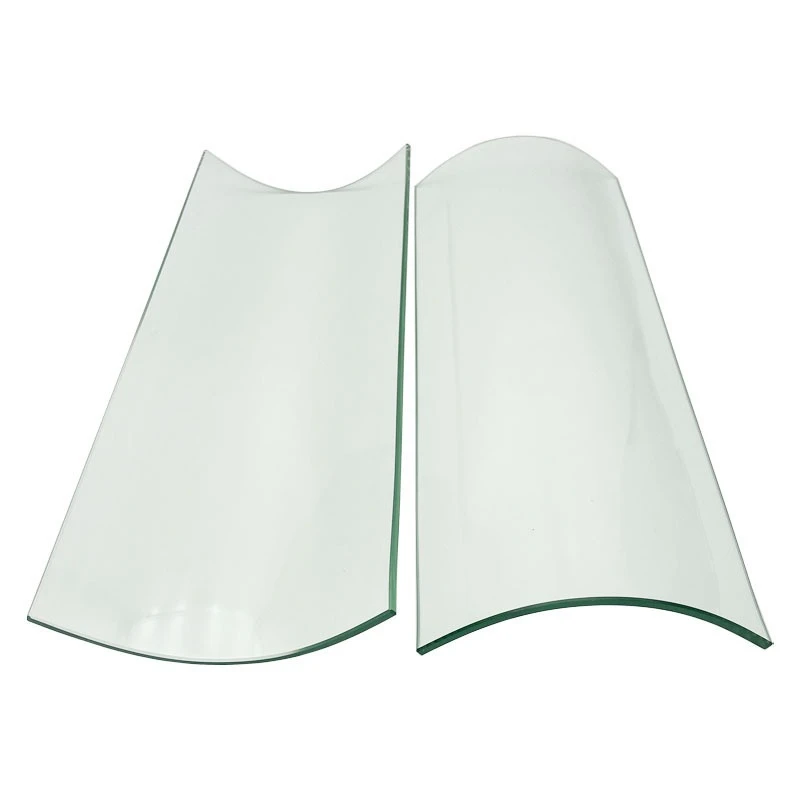Nov . 30, 2024 15:01 Back to list
Understanding the Role of Spandrel Panels in Curtain Wall Systems
Understanding Curtain Wall Spandrels A Key Element in Modern Architecture
In the ever-evolving field of architecture, the curtain wall system has become a staple due to its aesthetic appeal and functional benefits. One of the crucial components of a curtain wall system is the spandrel, which plays a significant role in both the structural integrity and visual expression of a building. Understanding curtain wall spandrels is essential for architects, engineers, and developers who aim to create modern, efficient, and visually striking structures.
What is a Curtain Wall?
Before diving into the specifics of spandrels, it’s important to understand what a curtain wall is. A curtain wall is a non-structural outer covering of a building that protects it from the elements, while also allowing for natural light and views. Unlike traditional walls that support the building's weight, curtain walls are primarily designed to enclose space and provide aesthetic value. They are often made of lightweight materials such as glass, aluminum, and steel, which contribute to the building's overall energy efficiency and aesthetic appeal.
The Role of Spandrels in Curtain Walls
Spandrels are the areas of a building that bridge the gap between the bottom of a window on one floor and the top of the window on the floor below it. These spaces can either be filled with opaque materials or used as a transition zone between glazed sections of a curtain wall. Their primary function is to provide structural support as well as to conceal components such as building services, mechanical equipment, and structural elements.
Aesthetic Considerations
From an architectural perspective, spandrels offer significant design opportunities. They can be clad in various materials, including metal panels, stone, or even specialized glass, to create a cohesive look with the rest of the curtain wall. The choice of how to finish the spandrel can significantly impact the building's overall visual identity. Designers often use different colors, textures, and patterns to add depth and interest to facades, making spandrels an essential design element.
Energy Efficiency and Performance
curtain wall spandrel

In addition to their aesthetic contributions, spandrels can enhance the energy efficiency of a building. Modern spandrel designs often incorporate insulation or integrated shading devices, contributing to a building's thermal performance. As energy codes become increasingly stringent, architects are called upon to ensure that every aspect of their designs, including spandrels, meets these criteria.
Openings and Ventilation
Another important aspect of spandrel design is the potential for integrating openings for ventilation or natural light. By strategically positioning these openings, spandrels can help mitigate indoor heat buildup, making buildings more comfortable for occupants and reducing reliance on mechanical systems. This integration of functionality with aesthetic appeal is a hallmark of contemporary architectural design.
Construction Considerations
When designing curtain walls with spandrels, several construction considerations come into play. The materials chosen should not only be aesthetically pleasing but also durable and maintenance-free to withstand the elements over time. Additionally, the structural integrity of the spandrel must be accounted for, particularly in high-rise buildings where wind loads can be significant.
Challenges and Solutions
Despite the advantages, spandrel design is not without its challenges. Issues related to thermal expansion, water penetration, and the alignment between spandrel panels and window units can arise during construction. However, advancements in engineering and the adoption of new materials have helped mitigate these challenges, allowing architects to push the boundaries of design.
Conclusion
In summary, curtain wall spandrels are an integral part of modern architectural design, contributing to both the functionality and aesthetic appeal of buildings. They serve multiple roles, from providing structural support and energy efficiency to offering various design opportunities for architects. As architecture continues to evolve, the importance of spandrels within curtain wall systems will only grow, reflecting the balance between innovation and tradition in the built environment. Understanding their role in these systems is essential for anyone involved in the design and construction of contemporary architecture.
-
Safety and Style with Premium Laminated Glass Solutions
NewsJun.24,2025
-
Reinvents Security with Premium Wired Glass
NewsJun.24,2025
-
Premium Float Glass Line for Modern Architecture
NewsJun.24,2025
-
Low Emissivity Glass for Energy-Efficient Architecture
NewsJun.24,2025
-
High-Performance Insulated Glass Solutions for Modern Architecture
NewsJun.24,2025
-
Elevates Interior Style with Premium Silver Mirror
NewsJun.24,2025
Related PRODUCTS














